|
|
|
|
Nau mai, haere mai.
Living in congested, infrastructurally challenged Auckland can often feel like being in a permanent twilight zone. We keep hearing about the transport improvements that are coming, but the orange cones and traffic jams feel awfully permanent.
And according to Timothy Welch’s review of the new National Land Transport Programme, relief is not around the next (poorly signposted) corner. The bulk of transport funding for the next three years is going on roads and their upkeep, with little left for cycleways or other alternatives to the internal combustion engine.
But as Welsh also makes clear, even the billions being spent on so-called Roads of National Significance won’t see anything new actually built in that timeframe. “The roads are several years, if not decades, away from becoming a reality,” he writes. “Instead, these funds will be dedicated to extensive planning, design and preparatory work, rather than actual construction.”
Overall, Welch argues, the programme “isn’t just a missed opportunity, it’s a deliberate U-turn away from the sustainable, efficient urban transport systems the cities need.”
Also today, parents of teenagers will no doubt be interested in new research about the impact of evening screen time on sleep patterns. The traditional advice is to cut it down to improve sleep. But Rachael Taylor’s new research shows that screen time before bed might not be the problem – rather, it is screen time while actually in bed that could be an issue.
|

|
Finlay Macdonald
New Zealand Editor
|
|
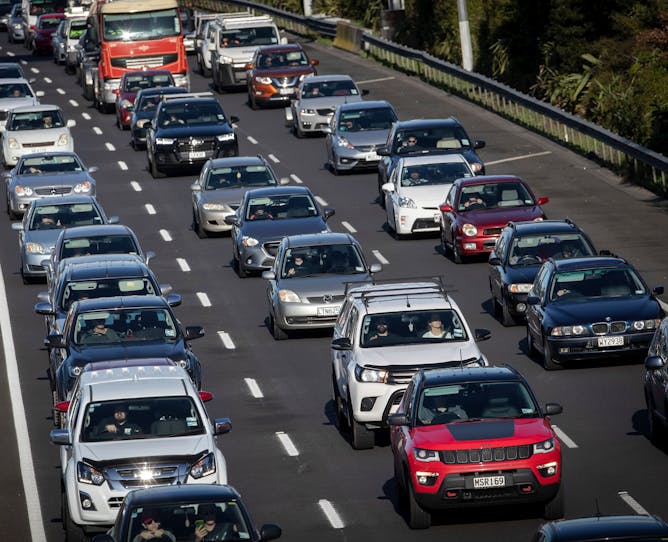
Timothy Welch, University of Auckland, Waipapa Taumata Rau
The billions allocated for roads in the National Land Transport Programme will not see any actually built in the next three years.
|
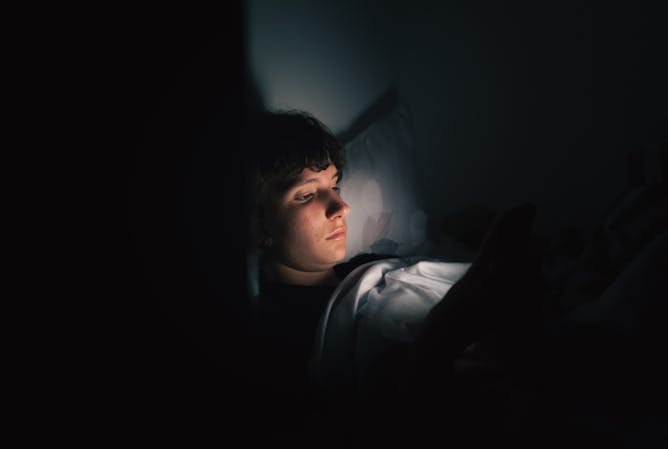
Rachael Taylor, University of Otago
Parents are regularly told to limit their children’s screen time during the evening. But new research suggests it is using digital devices while in bed that is the bigger problem.
|

Sarah Loughran, University of Wollongong; Ken Karipidis, Monash University
We now have the strongest evidence to date that radio waves from mobile phones are not a hazard to human health.
|
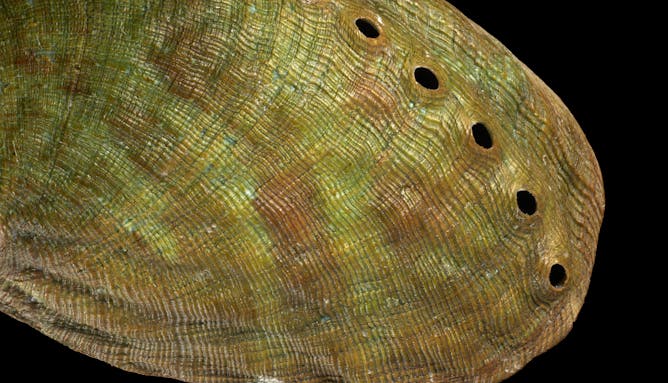
Kerry Walton, Museum of New Zealand Te Papa Tongarewa; Hamish G Spencer, University of Otago; Nic Rawlence, University of Otago
The discovery of the Manawatāwhi pāua, unique to the Three Kings Islands, highlights the need to build taxonomic expertise to speed up work to describe thousands of as-yet unnamed species.
|

Dominic O'Sullivan, Charles Sturt University
With the death of Kīngi Tūheitia at a time of heightened tensions around Māori-Crown relations, the Kingitanga movement’s founding principle of kotahitanga – unity – remains as relevant as ever.
|

Charl de Villiers, University of Auckland, Waipapa Taumata Rau
Consumers and investors are expecting more from businesses when it comes to the environment. But new research shows transparency does not always mean companies improve their performance.
|
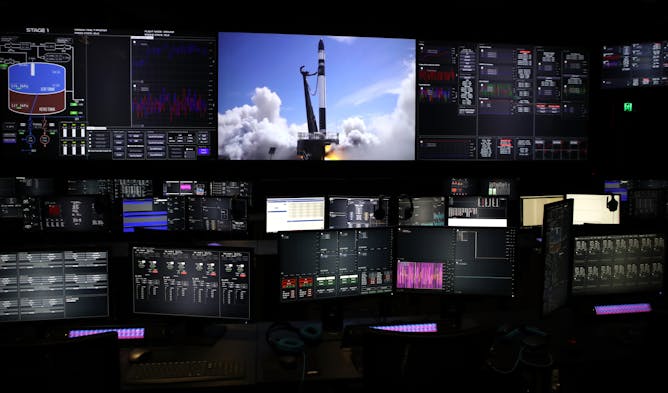
Priyanka Dhopade, University of Auckland, Waipapa Taumata Rau; Catherine Qualtrough, University of Auckland, Waipapa Taumata Rau
The New Zealand Space Agency’s dual role as regulator and sector developer introduces a conflict of interest and skews the aerospace industry towards economic growth, at the cost of sustainability.
|

Richard Meade, Griffith University
Repurposing fossil fuel infrastructures to supply clean fuels might make more immediate economic and environmental sense than mass electrification of transport and industry.
|

Alexander Plum, Auckland University of Technology; Kabir Dasgupta, Auckland University of Technology
As AI and automation transform the workplace, a universal basic income is one possible solution. But research is beginning to show the unpredictable outcomes of such unconditional cash transfers.
|
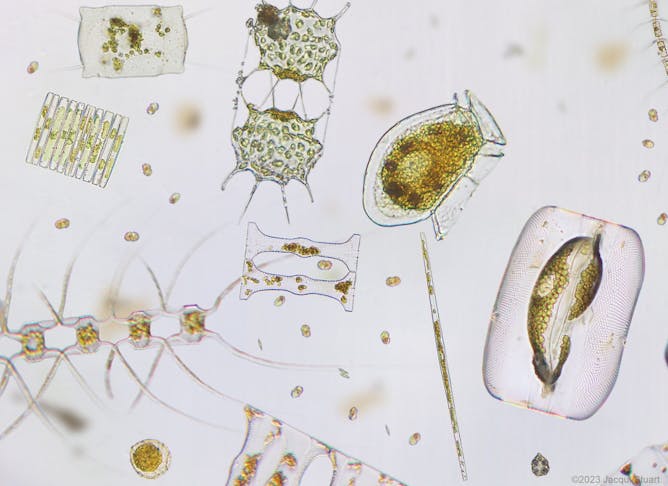
Anne Rolton Vignier, Cawthron Institute; Kirsty Smith, Cawthron Institute
As the ocean warms, toxic algal blooms are on the rise in the waters off New Zealand, causing the highest number of shellfish harvest closures in a decade.
|

Janine Swail, University of Auckland, Waipapa Taumata Rau; Susan Marlow, University of Nottingham
Starting a business or being self-employed is touted as a way for women to attain better work-life balance. But new research suggests this is not always a realistic goal.
|
From our foreign editions
|

Tariq Choucair, Queensland University of Technology
The ban follows a long-running battle between Brazil’s supreme court and Elon Musk. It shows the country will no longer tolerate tech giants ignoring the rule of law.
| |
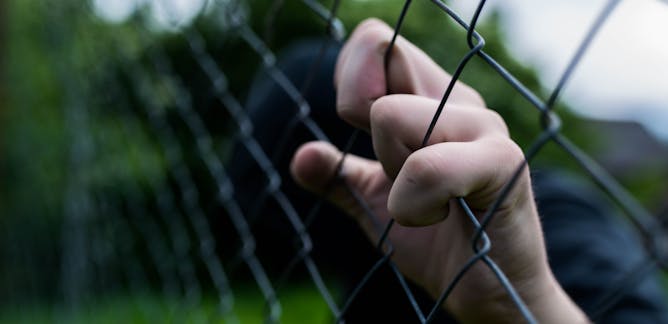
Chris Cunneen, University of Technology Sydney; Fiona Allison, University of Technology Sydney; James C. Beaufils, University of Technology Sydney
In attempts to curb youth crime, the NT government wants to lower the age of criminal responsibility, while the Coalition in Queensland wants to try children as adults for some crimes.
|

Taufiq Ihsan, Universitas Andalas
A specially coated foil removed more than 99% of E. coli bacteria from water in laboratory tests.
| |
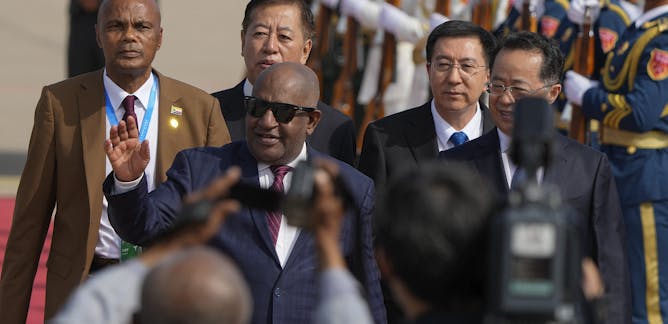
Bhaso Ndzendze, University of Johannesburg
The past eight Forum on China-Africa Cooperation summits, since 2000, have not resulted in mutual gain, particularly in trade and industrialisation for Africa.
|

Irene Reppa, Swansea University; Siné McDougall, Bournemouth University
A beautiful building means that someone cared to do that little bit extra, which can be meaningful for its inhabitants.
| |

Martin D. Suttle, The Open University
Asteroids aren’t supposed to emit gas when they get close to the Sun in the way that comets do, but Phaethon didn’t get the memo.
|

Christopher K. Tong, University of Maryland, Baltimore County; Charles Krusekopf, Royal Roads University
Mongolia has worked hard to craft friendly relations across the globe. But geography means that Russia and China still retain a strong influence.
| |
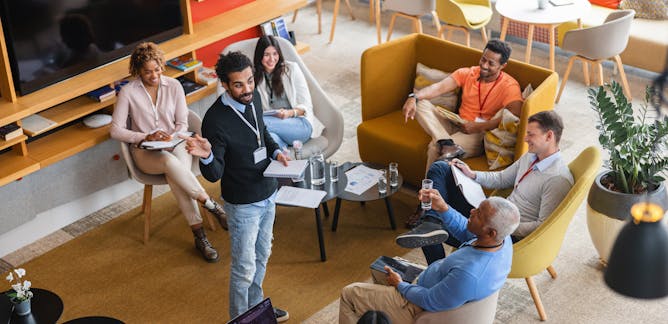
Henry Tran, University of South Carolina
Diversity programs that emphasize quick, symbolic wins are a lot less useful than building a shared understanding of fairness.
|
|
|
| |
| |
| |

|
| |
| |
| |
| |
| |
| |
|
|
|
|
|
|
|